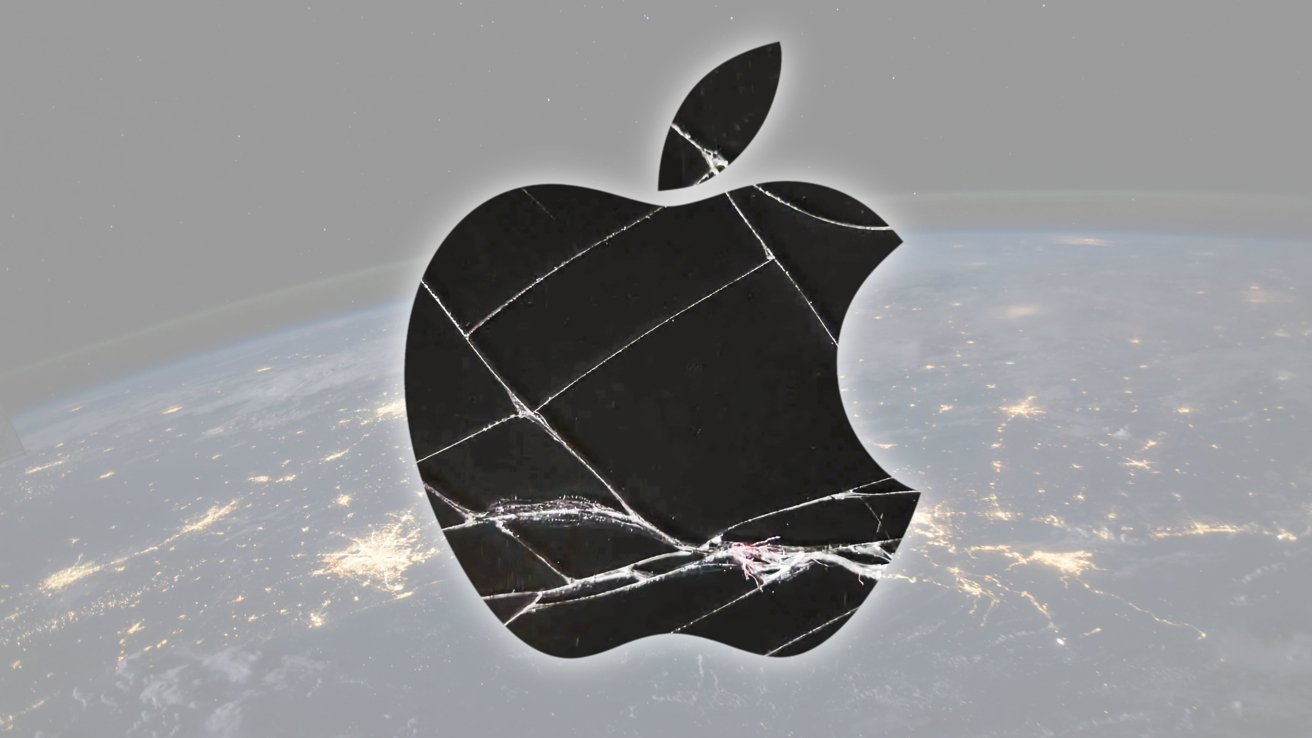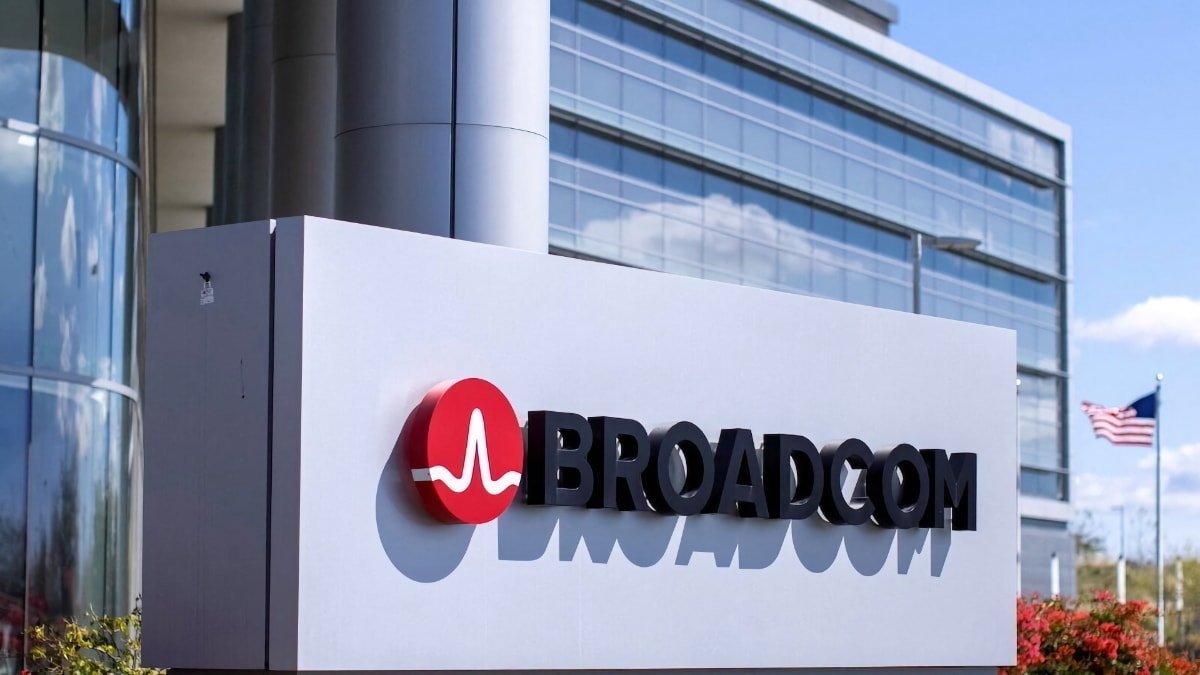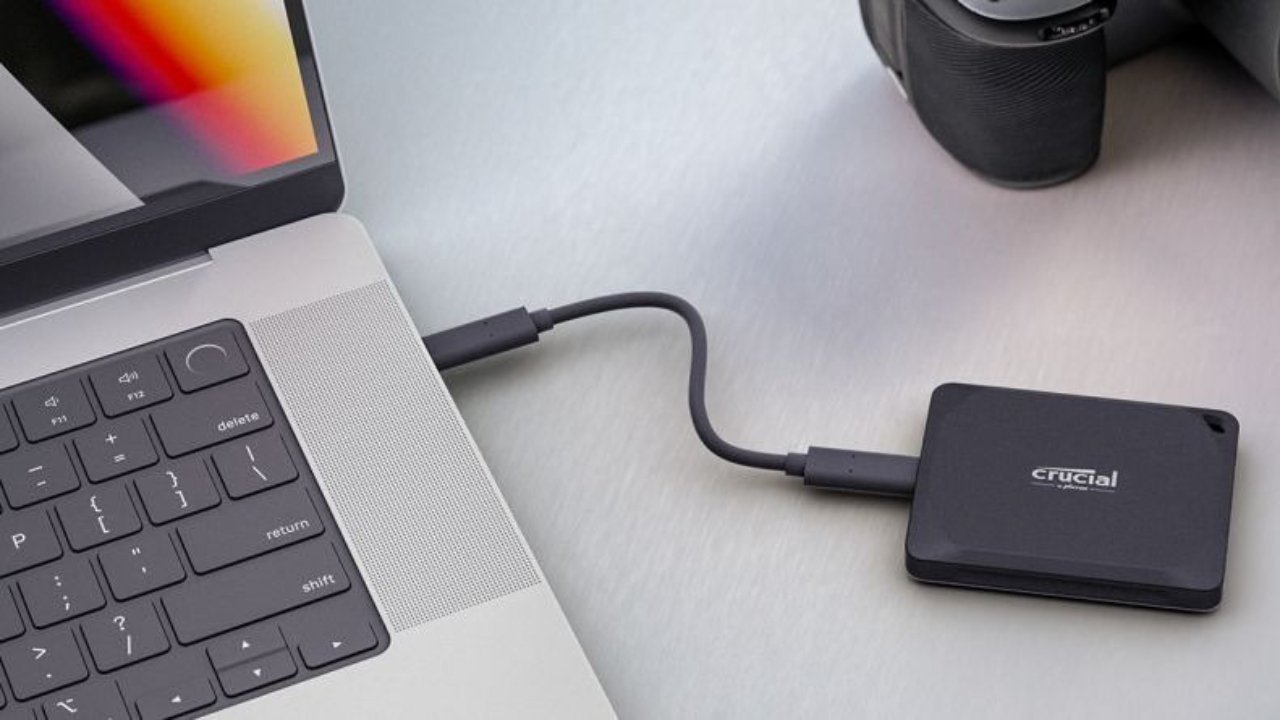The Taiwan earthquake will cause issues for a number of Apple suppliers beyond TSMC, but the supply chain's impact probably won't be severe long-term, thanks to globalization. Here are some of Apple's suppliers that the company will need to keep an eye on for a while.
Wednesday's earthquake rocked Taiwan, with the phenomena the biggest experienced by its citizens in 25 years. At least nine people have been killed and over 800 injured as tunnels and buildings collapsed.
The event will make a big impression on many parts of the region, with businesses almost certainly to be affected. With part of Apple's supply chain operating from within the country, that too faces the prospect of mitigating an interrupted supply of components.
One major impact that Apple will feel is to TSMC, Apple's semiconductor partner. TSMC supplies Apple Silicon to just about every device Apple ships.
Following the earthquake, it halted production lines and evacuated some of its facilities.
While TSMC is the main company that springs to mind when naming Apple's suppliers that operate in Taiwan, there are more that could be feeling the effects of the earthquake.
Apple's list of suppliers, representing 98 percent of the company's spending, includes 41 companies that have a location involved in Apple-related manufacturing somewhere in Taiwan. It is probable that many of them will be affected by the earthquake in some way, at least temporarily.
Saved by globalization?
The earthquake will be a major disruption to Apple's business in Taiwan, but it's arguable that Apple's supply chain won't be completely shut down by the event.
Thanks to Apple's sprawling supply chain system, as well as the globalized nature of modern manufacturing, it is highly probable that the supply chain will work around the disruption.
While a number of those companies operating in Taiwan are smaller specialist component suppliers, there are also a fair few larger entities that have some operations in the territory.
These same major suppliers also tend to have operations outside of Taiwan itself. For example, TSMC has facilities in Shanghai and the United States, as well as Taiwan.
In such situations, it's likely that the other locations of these larger entities will pick up the slack caused by their Taiwanese counterparts being out of operation.
That's not to say that supplies won't entirely avoid disruption. It takes time for companies to shift production between locations, reconfiguring production lines and boosting production.
What follows is a collection of five major Apple suppliers (excluding TSMC) that operate in Taiwan, what they produce, and where else they operate.
Broadcom
Semiconductor producer Broadcom is best known for making chips and similar components for electronics production. As an Apple supplier, it hands the iPhone maker elements that are used to facilitate wireless charging, such as MagSafe in the iPhone and for the Apple Watch, as well as Wi-Fi.
The supplier list states that there are facilities in Taiwan and Singapore, as well as in Colorado and Pennsylvania in the United States.
Corning Incorporated
Corning is best known for glass production, and In Apple's product lineup, it arguably has one of the most important public-facing roles of all.
As a supplier to Apple of glass, it creates the transparent panes that make up the front of the display and the rear enclosure of iPhones, as well as iPads and other items within Apple's ecosystem.
Along with its Taiwan facility, Corning operates a plant in Chungcheongnam-Do, South Korea, as well as Fujian, Jiangsu, and Zhejiang in China.
Outside of Asia, the suppliers list includes facilities in Kentucky and New York. However, it is unlikely that these will be tapped to help the Asia-centric base of Apple's supply chain system.
Largan Precision
Largan Precision is a smartphone camera lens supplier, which provides Apple with lenses for use in its mobile devices. Most recently that has included the tetraprism lens used to increase the zoom level in the iPhone 15 Pro Max.
Of this group, Largan has the fewest regional production facilities, with its Taiwanese production accompanied by lines operating in Guangdong, China.
With so few locations, it's likely that Largan will be more affected by any shutdown of production in Taiwan, as it will have to rely on its facility in China to keep up with any orders.
Micron
Micron is a computer memory producer, who produces chips used for both short-term RAM applications as well as main flash storage for devices. With the heavy utility of both memory and flash storage chips throughout electronics in general, it's naturally used extensively throughout Apple's ecosystem.
While Micron does have its headquarters in Boise, Idaho, its supplier locations of interest to Apple are based in Asia. This includes Taiwan, Singapore, Shaanxi in China, and Hiroshima, Japan.
As a memory producer, interruptions to Micron's Taiwan production could have more of an effect on the industry, especially because memory is so important to computing-related manufacturing.
For example, the Japanese tsunami from 2011 caused many companies to shutter operations as the region recovered. This included the shutdown of memory suppliers, which went on to impact global supply and pricing for a long period afterward.
Texas Instruments
As a semiconductor-based component producer, Texas Instruments is involved in the Apple supply chain providing smaller components for various tasks. For example, it has previously been linked to chips used in OLED power management, USB, and VCSEL laser driver arrays.
Since it has an extensive history of electronics production, as well as a wide variety of components it manufactures, it's to be expected that Texas Instruments has many production facilities around the world. Quite a few are listed by Apple as involved in its supply chain.
Aside from Taiwan, Texas Instruments supplies Apple from facilities in Benguet, Centra Luzon, and Pampanga in the Philippines. There are also facilities in Fukushima, Ibaraki, and Niigata in Japan, Malacca and Selangor in Malaysia, Singapore, and Sichuan in China.
Outside of Asia, Texas Instruments' Apple-supplying locations consist of operations in Maine and Texas, along with Bavaria, Germany.
Apple's supply chain is resilient, but not invulnerable
National disasters are, by their nature, big issues that cannot easily be planned for by companies. There's a reason they're called "Black Swan" events.
They also often require a lot of time and resources to bring things back to normal, both locally and internationally.
Apple's sprawling production will help the company's production lines avoid some of the impact from temporarily lower Taiwan production capacity. The resilience is simply from its top suppliers having facilities elsewhere in the world.
This won't be that much benefit for components supplied by smaller outfits who don't have multi-national production capabilities. This means some supply chain components will inevitably be constrained unless alternates can be found.
That is, if Apple's supply chain doesn't run out of component supplies that it already has on hand for existing manufacturing efforts.
For a major company like Apple, it will learn from lessons from this experience and use it to make its supply chain more resilient to issues. It's already working to minimize the chance of something major impacting its significant China-centric manufacturing by creating similar bases elsewhere.
The coming weeks and months may bring a storm that Apple's manufacturing efforts has to weather. But with its scale, extensive supplies, well-prepared suppliers, and having worked to insulate itself from harm in various ways, it's one that Apple should easily sail through into calmer waters.
 Malcolm Owen
Malcolm Owen










-m.jpg)






 Charles Martin
Charles Martin


 Wesley Hilliard
Wesley Hilliard
 Stephen Silver
Stephen Silver
 William Gallagher
William Gallagher

 Marko Zivkovic
Marko Zivkovic









4 Comments
Thank you for this excellent article. I had no idea of the range of tech businesses based in Taiwan.
Taiwan is a very important technology manufacturing location, as this article indicates. Many motherboard manufacturers are also located in Taiwan, so it won’t just be Apple impacted by the earthquake.
Apple would be wise to insist its critical suppliers do their production in facilities in buildings hardened against earthquake damage.
Cupertino, California can be disrupted by a big earthquake too, since it is also in the pacific ring of fire as Taiwan and the same applies to China, Korea and Japan......